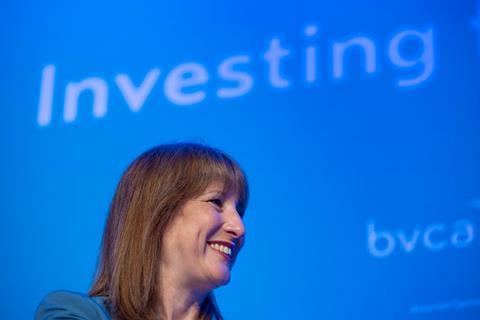Consultant says market feels ‘hesitant’ while firms await outcome clarity from chancellor
Gardiner & Theobald is the latest firm to flag the impact a delayed Budget is having on the industry.
In its Q4 update, the cost consultant said the Budget, still two weeks away, had put decisions on hold and was slowing down work.
It said: “Current workloads are being underpinned by legacy projects, while many new starts and investment decisions remain on pause pending clarity from the autumn Budget.

“The market feels active but hesitant, with schemes stalled at the conversion stage as clients await clarity on capital allocations, taxation and planning reform.
“Prospects for future growth remains strong but the UK construction sector closes 2025 in a finely balanced position. Delivery remains broadly steady, but confidence has softened as decision-making slows.”
In recent weeks, a slew of firms, including housebuilders Vistry and Taylor Wimpey and other cost consultants Core Five and Exigere, have all said speculation around the Budget has slowed down decisions and workloads.
G&T said contractors were keeping stricter controls on what they were prepared to bid and added: “Financing conditions remain restrictive and public-sector decision-making slow, reinforcing a defensive posture across much of the industry.
“Contractors are prioritising pipeline protection over expansion, maintaining selective bidding strategies and tightening commercial discipline while awaiting firmer policy and demand signals.”
G&T said its latest report may need to be revised, depending on what chancellor Rachel Reeves reveals in her Budget on 26 November.
It warned: “Measures announced in the Budget could affect our outlook, particularly in relation to taxation, planning reform and the scale/timing of public sector investment, and may therefore require an update.”
In its report, G&T said tender price inflation had increased to 2.5% up from 2.25% from the previous quarter which it said was driven by supply constraints.


























No comments yet